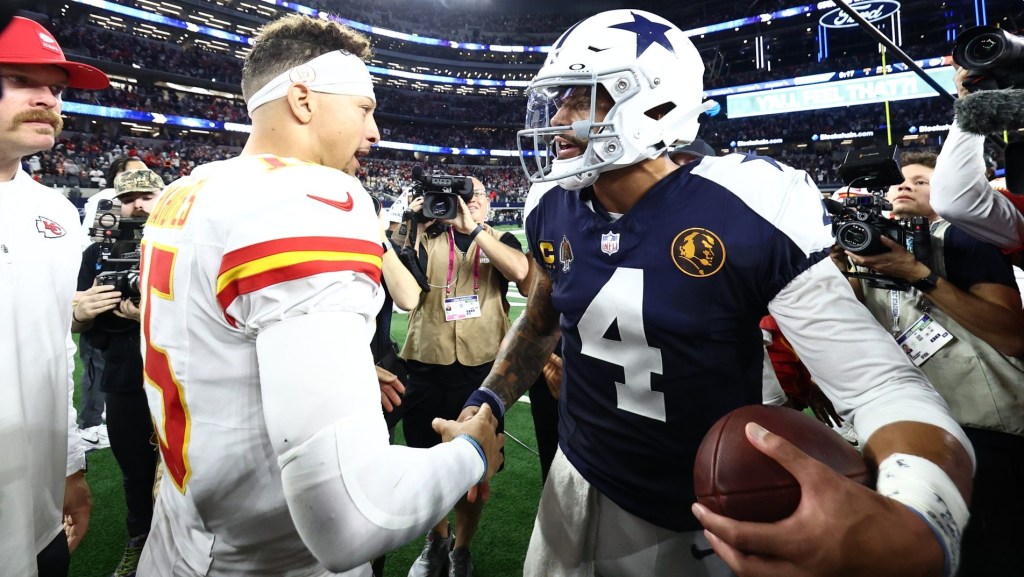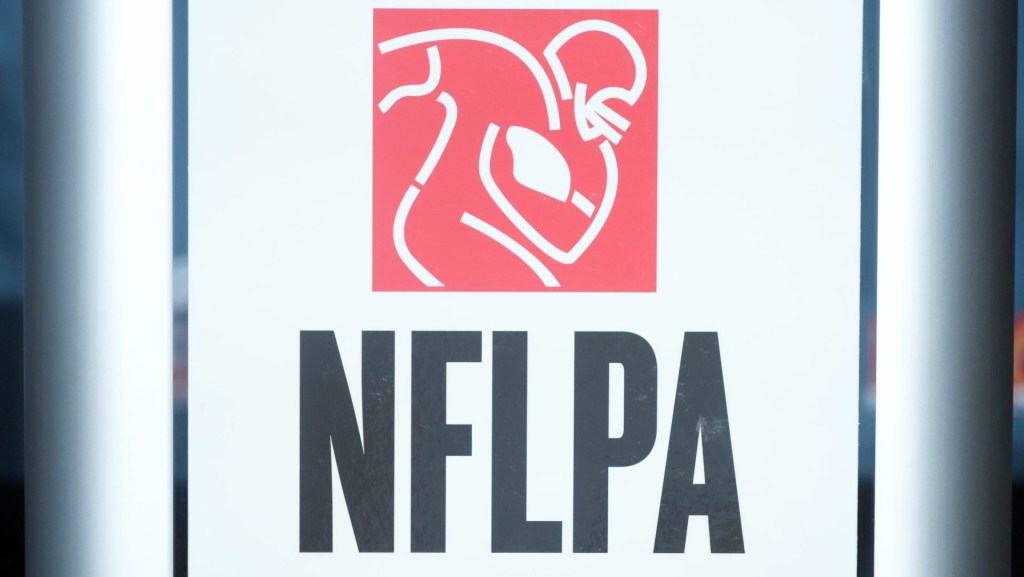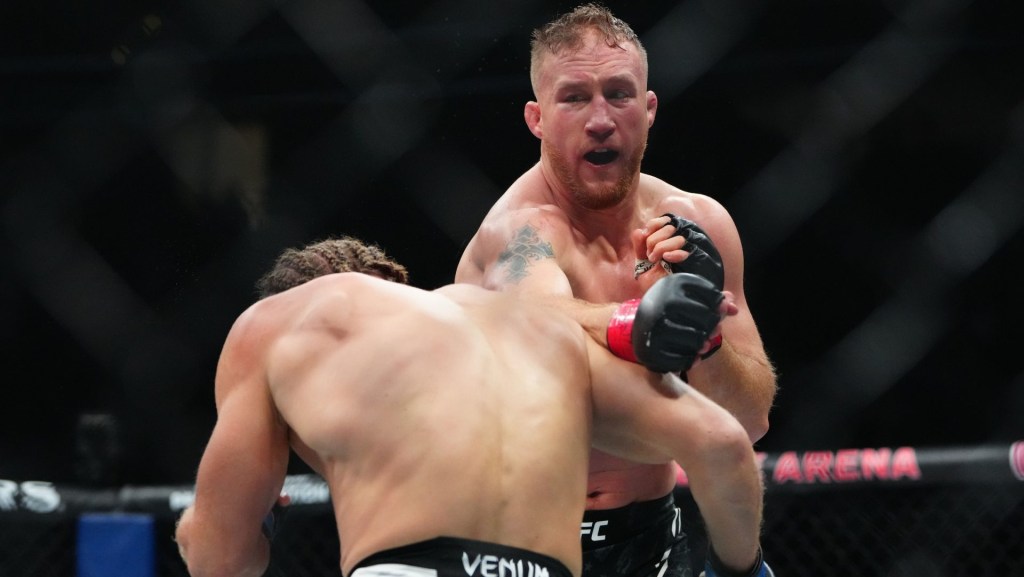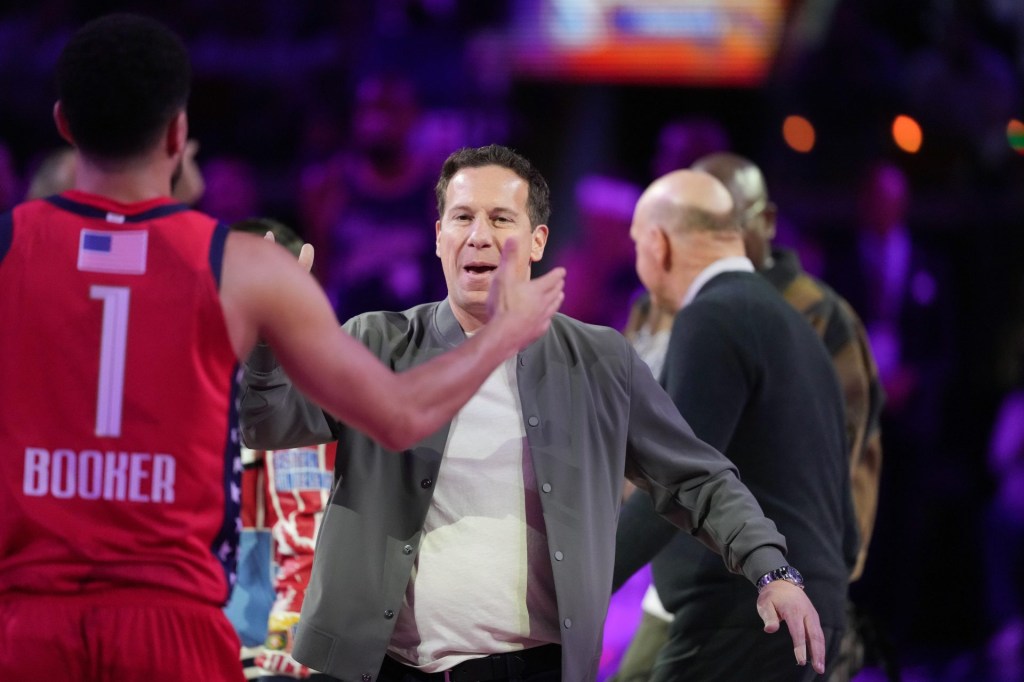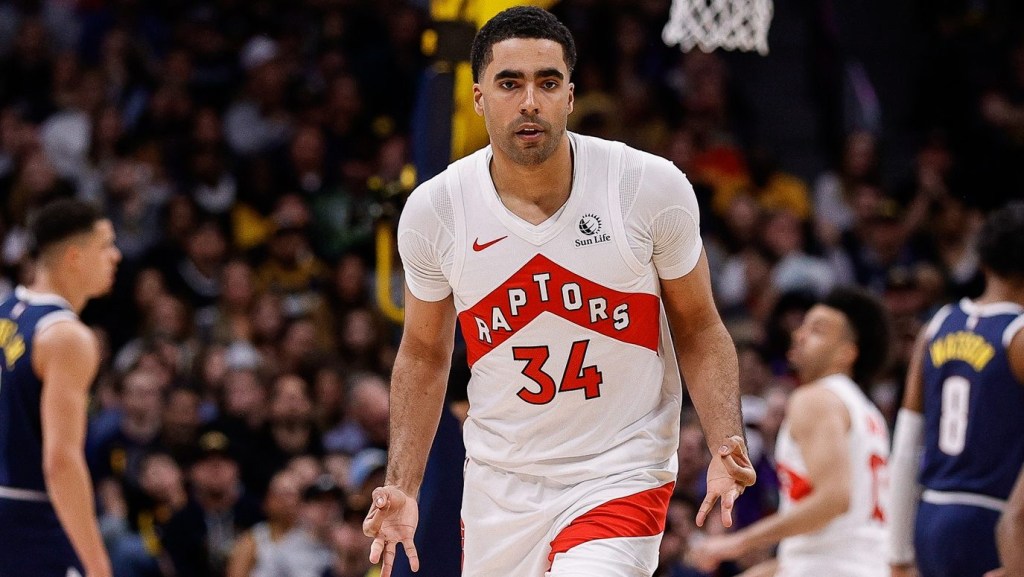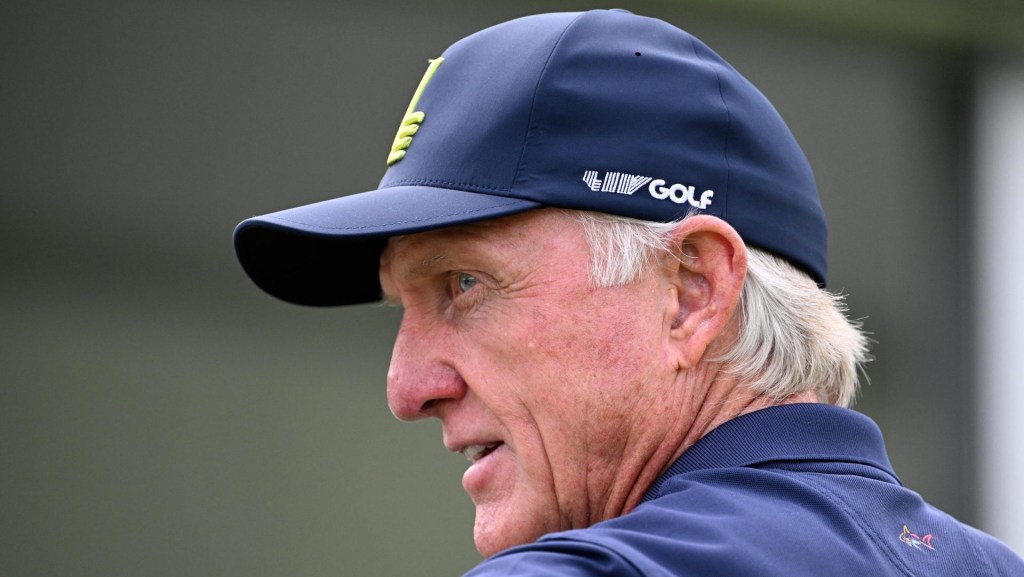BROOKLYN — A fleet of Ubers navigated the winding streets near the Brooklyn Navy Yard on a rainy Thursday evening. Their passengers, many clad in the customary business attire of the finance world, were enthusiasts of padel—a fast-paced sport played on indoor courts with glass walls, which originated in Mexico in the 1960s.
They’d come to see the Pro Padel League City Cup, otherwise known as The Finals. The event echoed the style and cachet of Roger Federer’s Laver Cup, bringing the world’s top players battling fiercely for the coveted $100,000 grand prize beneath a canopy of vibrant, colorful lights illuminating the glass walls and the black playing surface with its sharp white lines. Eataly and Adidas were the event’s sponsors.
“I want this to be the next-gen US Open,” Mike Dorfman, new PLL CEO and New York Atlantics franchise founder, tells Front Office Sports. Dorfman, a self-proclaimed “early-stage start-up guy” with a background in insurance and technology, developed a deep passion for padel and purchased the New York franchise last year with a group of investors. “As a lifelong Knicks and Rangers fan, I thought the opportunity to own a professional sports team in New York was just an incredible thing, too good for me to pass up.”
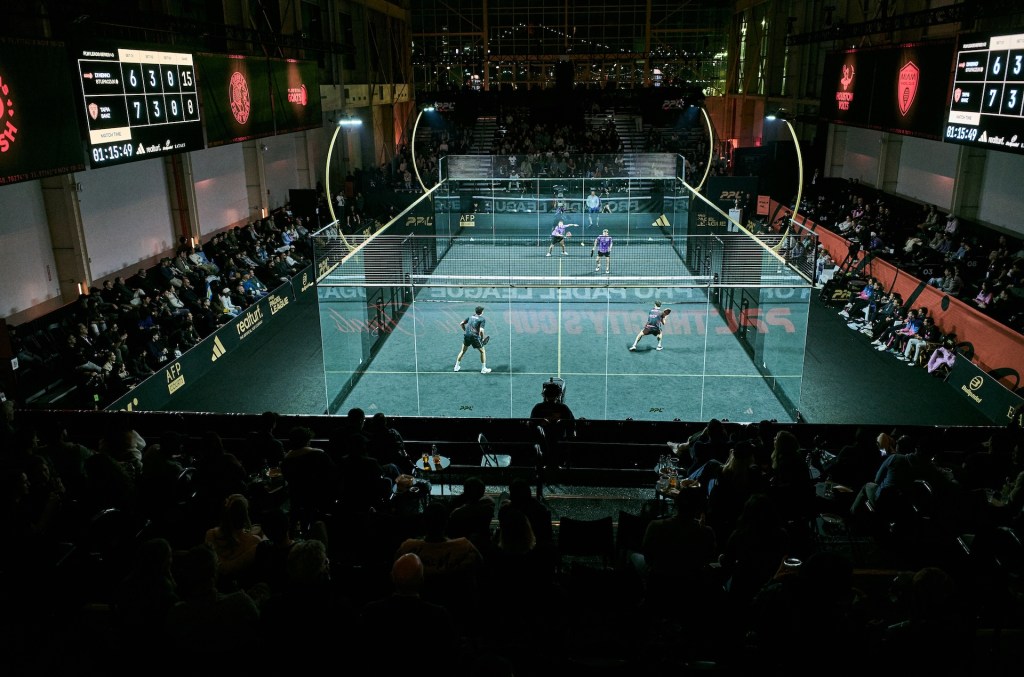
Recently, Dorfman acquired a majority stake in the league from cofounders Marcos Del Pilar and Keith Stein. Launched in 2023 with seven teams, the PPL expanded significantly in 2024, with 10 franchises and four tournaments across the U.S. In the crowded world of racket sports—including pickleball and paddle tennis—padel is looking to find a foothold in the U.S.
The sport attracted high-profile investors, including Puerto Rican reggaeton star Daddy Yankee, who backed the Orlando Flowrida Goats (he tells FOS the sport “truly captured my heart”); EEP Capital, owner of the L.A. Beat; Vegas Golden Knights co-owner Gavin Maloof, who invested in the Las Vegas Smash; former Serie A and MLS star Sebastian Giovinco, now part of the Toronto Polar Bears; and former ATP world No. 2 Tommy Haas, who holds a stake in the San Diego Stingrays.
As the sport’s professional scene gains momentum, amateur interest in padel is surging in cities including Miami and New York. It’s also picking up pace among young players.
“It is a networking superconductor for athletic, like-minded, like-moneyed masters of the universe,” Del Pilar tells FOS. Many people in padel circles refer to Del Pilar as the godfather of the sport in the U.S., not only for his contributions to padel’s growth but also for giving it its proper pronunciation, pa-dél, to differentiate it from paddle or platform tennis. “It’s the new golf for business and relationships,” he says.
Del Pilar is from Spain, where padel is the second-most-popular sport after soccer. According to the International Padel Federation (FIP), more than 5.5 million people play padel in the country, which has more than 16,000 dedicated courts.
The U.S. still has a lot of ground to cover, but Del Pilar anticipates hockey stick growth in terms of courts and players throughout the next half-decade. Marcus Jansson-Ryan, EEP Capital CEO and the PPL’s L.A. Beat franchise GM, agrees. “In five years, we’ll probably reach 10 to 15,000 courts in the U.S., and from there a conservative estimate is that we should be able to get to 25,000 to 30,000 padel courts before the next decade is over.”
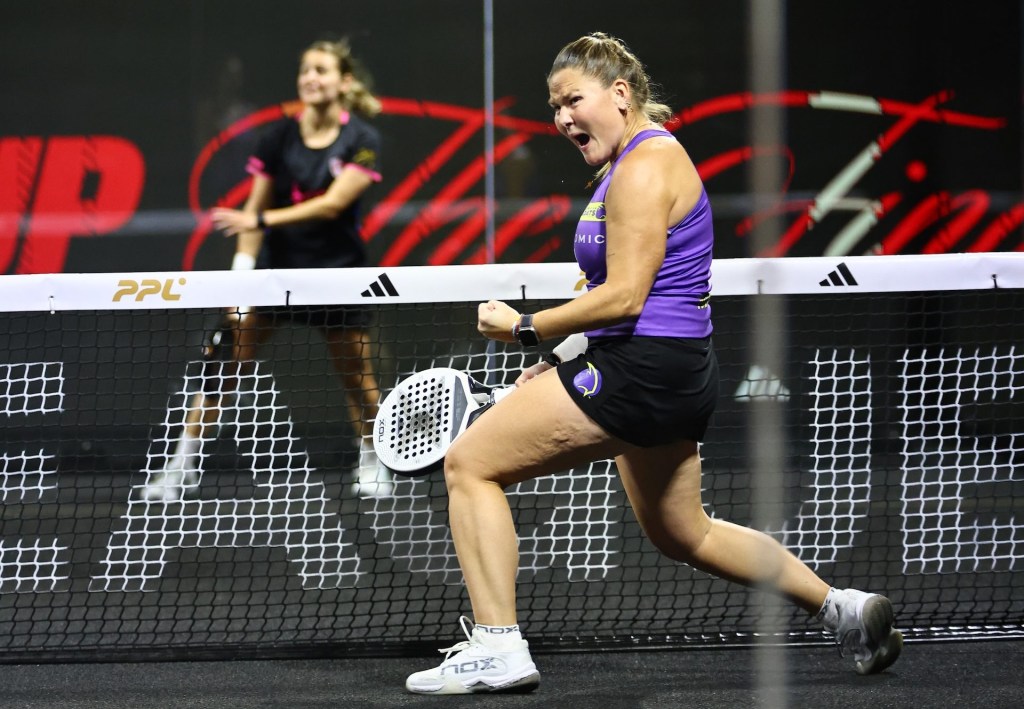
Many in the U.S. padel industry also believe the sport is primed to create the next “gold rush,” as Del Pilar puts it.
EEP Capital, a venture capital firm focused on padel backed by Swedish NHL players Filip Forsberg, Jacob Markström, Mattias Ekholm, Elias Lindholm, and William Nylander, was the first fund to invest in the sport in the U.S. In late 2022, they made their first investment in Padel Haus, New York’s first padel club, which is about to hit three locations in the city. The rising demand for padel has prompted Padel Haus to expand in additional markets, with new facilities planned for Denver, Nashville, and Atlanta in 2025. EEP was also an early investor in the L.A. Beat.
“We’ve seen how padel had grown internationally, and we feel that there was a huge opportunity for a league format in the world’s largest sports market,” Jansson-Ryan says.
So far, it’s panning out. The FIP reports that as of 2024, the U.S. is home to more than 70 padel clubs and 500 courts—double the number from 2023. And the PPL has also brought the best players to the U.S., which drew more than 15,000 in-person attendees for its regular-season tournaments, surpassing 7.5 million streams over the course of the 2024 season.
“[PPL tournaments] will be like an avant-garde version of the US Open,” Dorfman says. “A little bit more intimate and cooler, but you have the same quality of competition and hospitality experience for fans. That’s the level we’re going for.”



![[Subscription Customers Only] Jun 15, 2025; Seattle, Washington, USA; Botafogo owner John Textor inside the stadium before the match during a group stage match of the 2025 FIFA Club World Cup at Lumen Field.](https://frontofficesports.com/wp-content/uploads/2026/02/USATSI_26465842_168416386_lowres-scaled.jpg?quality=100&w=1024)


![[Subscription Customers Only] Jul 13, 2025; East Rutherford, New Jersey, USA; Chelsea FC midfielder Cole Palmer (10) celebrates winning the final of the 2025 FIFA Club World Cup at MetLife Stadium](https://frontofficesports.com/wp-content/uploads/2026/02/USATSI_26636703-scaled-e1770932227605.jpg?quality=100&w=1024)



